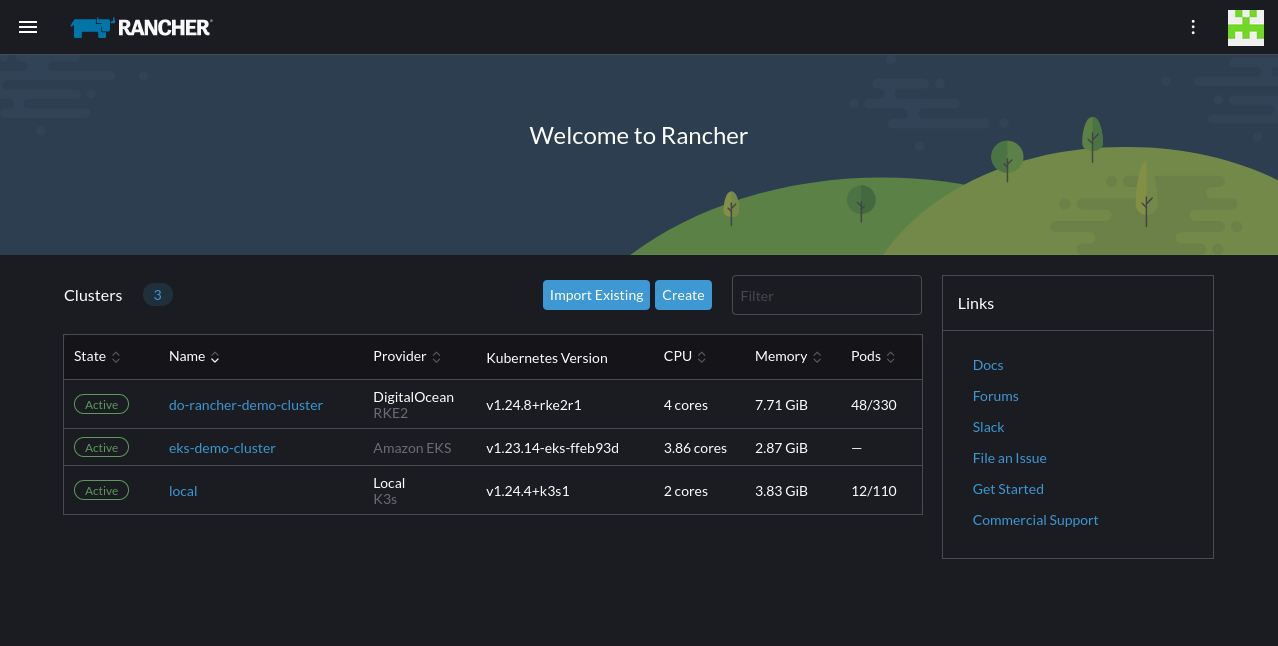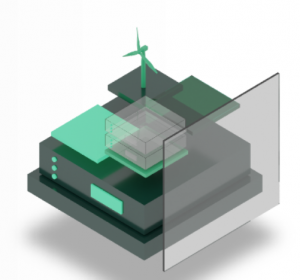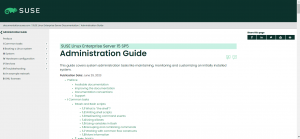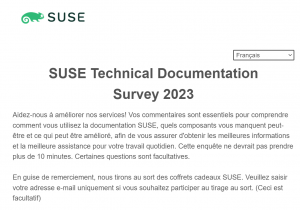Choice Happens: Why Mixed Platform IT Environments Foster Resilience and Freedom of Choice
In the fast-paced and ever-evolving world of technology, businesses face a crucial decision – whether to adopt a single-platform IT strategy or embrace the potential benefits of mixed platform environments. While some argue that a single-platform approach streamlines operations, compelling reasons suggest that mixed platform setups are the way forward. In this blog, we will delve into the reasons why mixed platform IT environments contribute to organizational resilience and freedom of choice, effectively mitigating the risks of vendor lock-in and cultivating a healthy IT ecosystem.
Redundancy and Resilience
One of the most significant advantages of a mixed platform IT environment is the enhanced redundancy and resilience it offers. Relying solely on a single vendor for all IT solutions can create a vulnerable single point of failure, jeopardizing the entire organization during unexpected disruptions. By diversifying the IT infrastructure across multiple platforms, businesses can distribute risk effectively, ensuring that failures in one area do not cripple the entire system.
SUSE Manager (SUMA) is a prime example of how mixed platform environments bolster resilience. Designed to manage heterogeneous IT environments comprising various platforms’ hardware and software, SUMA efficiently handles diverse operating systems like SUSE Linux Enterprise, Red Hat Enterprise Linux, CentOS, Ubuntu and more. By supporting multiple platforms, SUSE Manager empowers customers to evade the limitations of single-vendor environments, thereby promoting flexibility and adaptability.

SUSE Manager managing a mixed environment of SLES and Ubuntu
Innovation and Agility
Mixed platform IT environments foster healthy competition among vendors, propelling innovation and agility within the ecosystem. Each provider strives to outperform its competitors by continuously enhancing products and services. As a result, businesses benefit from a dynamic and innovative IT landscape, where vendors develop cutting-edge technologies, adapt to emerging trends, and promptly address customer needs.
The freedom to choose from various platforms enables organizations to select solutions that align perfectly with their specific requirements, budget, and long-term vision. This ability to customize IT components fosters adaptability, empowering businesses to respond swiftly to market changes and capitalize on new opportunities.
Rancher is an outstanding example of how mixed platform environments drive innovation and agility. By empowering development teams with a distro-agnostic Kubernetes management platform, Rancher accelerates the adoption of ground-breaking solutions, thereby promoting the growth and advancement of the Kubernetes ecosystem.

Rancher managing RKE2 on Digital Ocean, AKS and a local installation of K3S
Cost Optimization
Mixed platform environments offer a lesser-known benefit: the potential for cost optimization. Relying solely on a single vendor can lead to higher costs, as they may dictate pricing and license fees. Conversely, having multiple vendors to choose from enables businesses to negotiate better deals, drive competitive pricing, and avoid falling into vendor lock-in traps.
The diverse range of technology choices available in mixed platform environments provides organizations with substantial leverage during negotiations. This becomes especially valuable when businesses must implement budget cuts without sacrificing operational efficiency.
Mitigating Vendor Lock-in
Recent incidents, like Red Hat’s decision to restrict RHEL source code access to its customers, remind us of the genuine concerns organizations face regarding vendor lock-in. Overreliance on a single vendor’s offerings can hinder exploration of alternative solutions. Being tied to one vendor’s products, services, or technologies can pose significant challenges when transitioning to more suitable or competitive options.
Embracing a mixed platform strategy helps prevent vendor lock-in, allowing businesses to remain agile and adaptable. The flexibility to switch platforms when necessary, ensures organizations retain control over their IT destiny, unbound by the limitations or restrictions of a single vendor.
Conclusion
Mixed platform IT environments offer an array of advantages that promote resilience and choice over the potential drawbacks of vendor lock-in. From increased redundancy and agility to optimized costs and enhanced interoperability, businesses benefit from a healthier IT ecosystem when they embrace diversity. By fostering competition among vendors and enabling organizations to choose the best solutions for their unique needs, mixed platform environments lay the foundation for sustained growth and success in today’s dynamic business landscape.
Stay tuned for upcoming announcements about more SUSE innovation designed to promote user choice not vendor lock-in.







